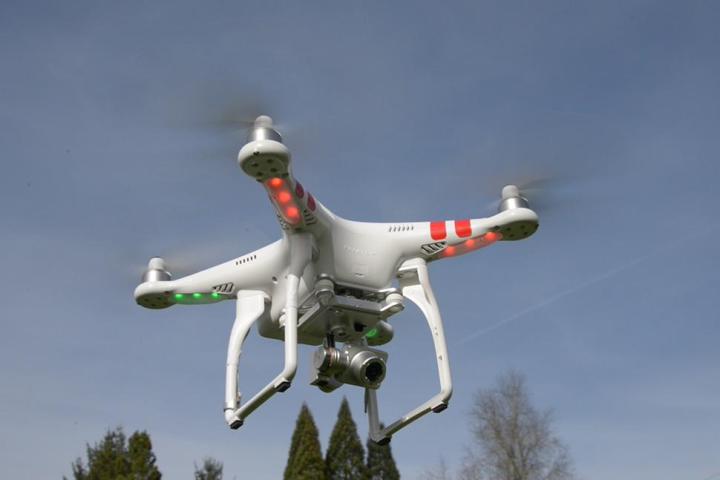
If a court case in the U.K. this week is anything to go by, the authorities are finally waking up to the idea that the machine’s increasing popularity are likely to pose some serious challenges.
Drone enthusiast Nigel Wilson is believed to have become the first person in the U.K. to face a criminal prosecution for improper drone use. Wilson was arrested last October and punished by a London court on Tuesday for offenses in connection with quadcopter flights over Premiership soccer matches as well as Buckingham Palace and other London landmarks, the Guardian reported.
The 42-year-old Brit was fined £1,800 ($2,760) and ordered to pay £600 ($920) in costs for a total of nine offenses involving drone flights over congested areas and failure to maintain direct, unaided visual contact with the aircraft. The judge also hit Wilson with a ban preventing him from buying, borrowing or flying a drone for the next two years.
Wilson flew his DJI Phantom 2 Vision+ over a number of Premiership soccer matches last year involving major clubs such as Arsenal, Liverpool, and Manchester City. Footage posted on YouTube indicates the machine was flying up to 100 meters above the various stadiums that he visited.
Other videos shot by Wilson show footage of famous London locations such as Big Ben and the Shard, currently the tallest building in the EU.
“Height of arrogance”
Addressing Wilson, Judge Quentin Purdy said that on each occasion “an accident could have occurred simply by a gust of wind or something of that nature taking it out of your control.”
Purdy added, “In each and every case you knew what you were doing. Several times you were warned by police, who seized drones from you, and on numerous occasions by people posting [comments] on your YouTube channel. It was the height of arrogance in terms of public safety.”
If you’ve just bought your first quadcopter and are wondering about where you can fly it, best you check your local laws for the current regulations, or watch this video released last year by the Federal Aviation Administration offering some guidelines.


